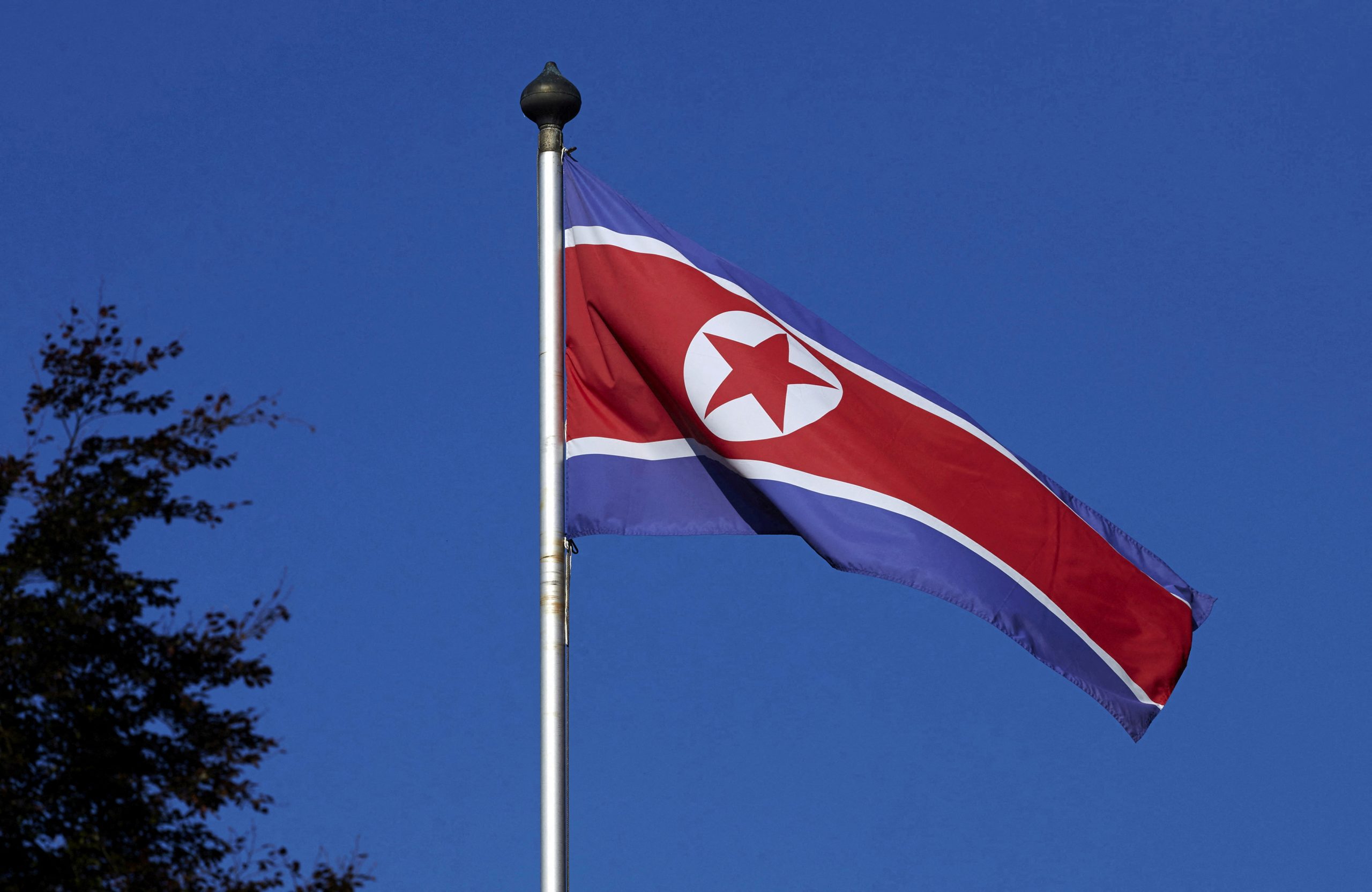Pyongyang, Democratic People’s Republic of Korea (DPRK)- The World Health Organization (WHO) has expressed grave concerns over the handling of the COVID-19 pandemic by the government of the DPRK (North Korea).
According to Michael Ryan, WHO’s Head of the Emergencies Program, the situation in the Asian country is actually getting worse.
“We assume the situation is getting worse, not better. We have real issues in getting access to the raw data and to the actual situation on the ground,” said Ryan.
However, State media KCNA has said the COVID-19 pandemic wave has now abated since COVID-19 cases edged towards the 400 000 mark a couple of days ago.
KCNA said provinces are intensifying their anti-epidemic campaigns, including enforcing some lockdowns and coastal blockades, increasing the production of drugs and medical supplies, and carrying out disinfection work.
Although the DPRK is yet to directly confirm the number of people who have tested positive for COVID-19, WHO said it was working with the country’s neighbours, South Korea and China to get an actual picture of the state of affairs and will continue to offer support with COVID-19 vaccines.
The DPRK locked down after reporting its first case of COVID-19 earlier in May, in the days after confirming its first COVID-19 outbreak, the country’s capital Pyongyang, reported thousands of cases of fever, raising alarm among public health experts who worried about the country’s unpreparedness to tackle the outbreak.
Dr. Tedros Adhanom Ghebreyesus, WHO’s Director-General has reiterated that while there has been progressing, with 60 percent of the world’s population vaccinated, it’s not over anywhere until it’s over everywhere.
“Reported cases are increasing in almost 70 countries in all regions, and this is in a world in which testing rates have plummetted. In all, we see vaccine hesitancy driven by misinformation and disinformation. The pandemic will not magically disappear, but we can end it,” said Dr. Ghebreyesus.
Related






























